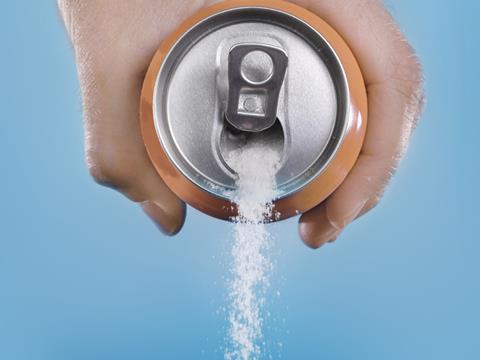
The NHS is proposing to ban or impose a tax on all added-sugar soft drinks sold at hospitals, including milk drinks and fruit juice.
NHS England chief executive Simon Stevens, who has previously been outspoken on the harm caused by sugary soft drinks, said he wanted the NHS to set a healthy example and “practise what we preach”.
The move, which will be subject to a consultation with staff and the public, goes one step further than government plans for a sugar levy on soft drinks, which are due to come into force in April 2018.
Fruit juice and dairy-based drinks are currently exempt from the Treasury plans, whereas the NHS plans would either ban or slap a tax on any beverages containing added sugar.
The NHS has calculated it could raise as much as £40m a year from a tax on drinks sold at hospitals, which could be ploughed back into healthcare. The move would be the first of its kind in the world.
“Confronted by rising obesity, Type 2 diabetes and child dental decay, it’s time for the NHS to practise what we preach,” said Stevens.
“We’re now calling time on hospitals as marketing outlets for junk food and fizzy drinks,” added the NHS boss, who described the plans as a “win-win opportunity”.
During recent trials, one hospital that banned sugary drinks found no decrease in the total number of drinks sold, meaning vendors were financially unaffected.
However, the moves were slammed by BSDA director general Gavin Partington.
“It’s hard to see how a ban on soft drinks can be justified given that the sector has led the way in reducing consumers’ sugar intake - down by over 17% since 2012,” he said.
“In 2015 we also became the only category to set a calorie reduction target of 20% by 2020.
“Given that the government is looking to introduce a soft drinks tax in 2018, it seems slightly odd that another public body wishes to duplicate this process.”







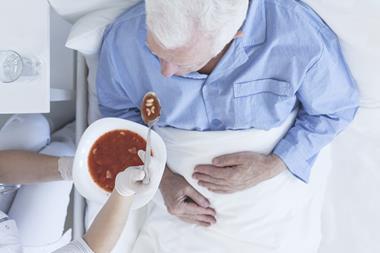
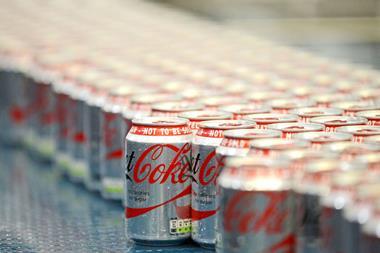
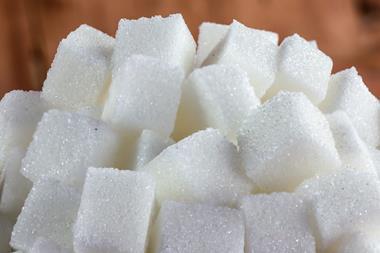
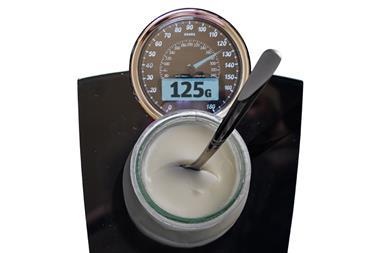
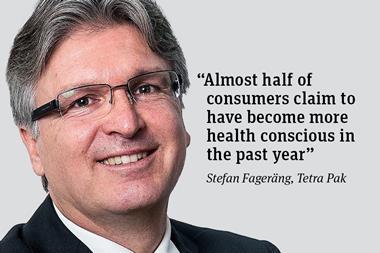
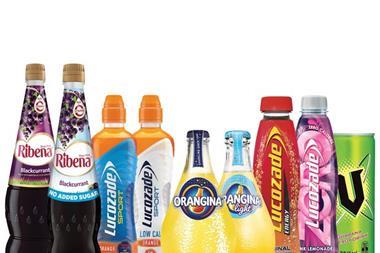






No comments yet